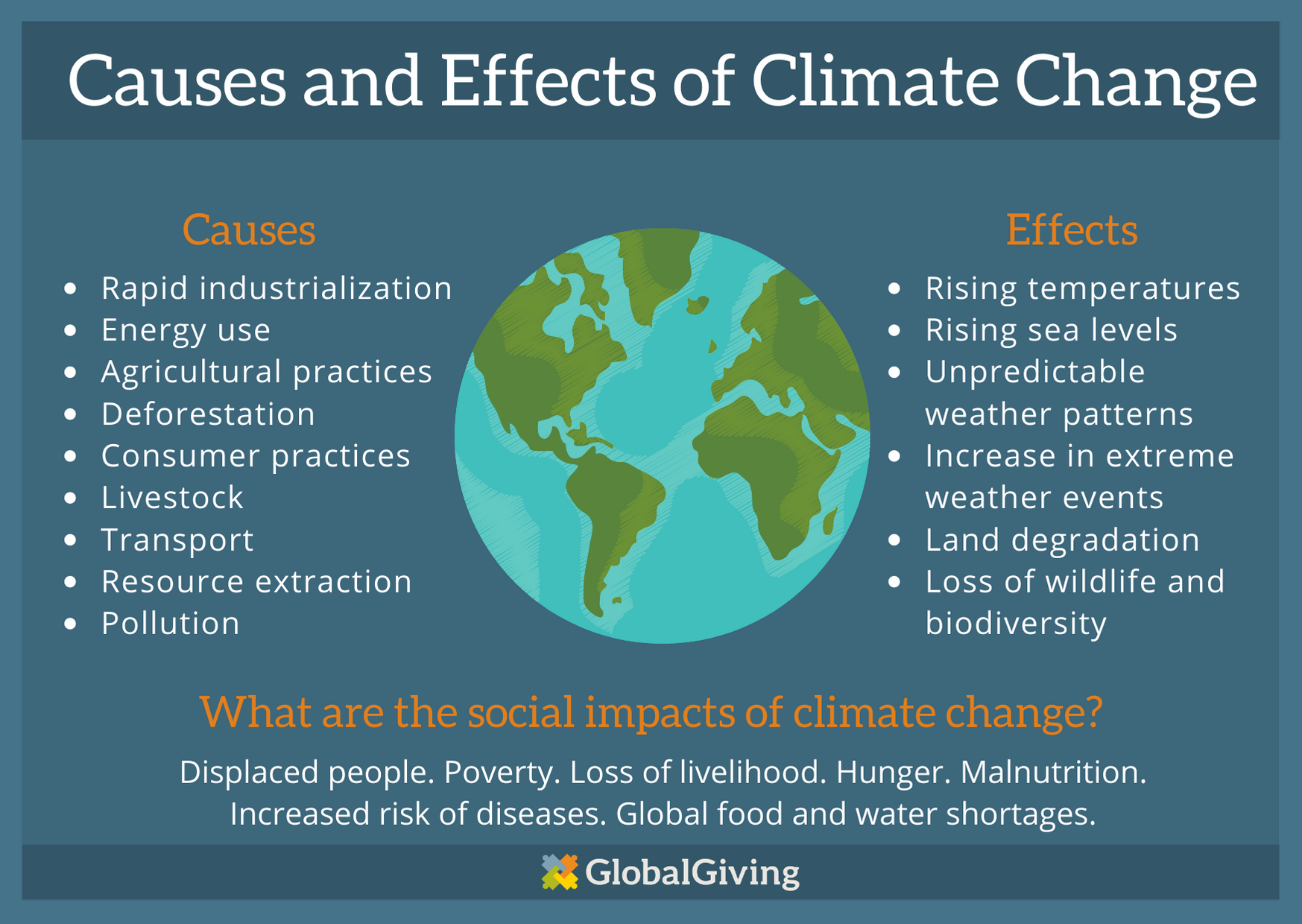Introduction
Travel is a fundamental part of human existence. It allows us to explore new cultures, experience breathtaking landscapes, and connect with people from around the world. However, the very act of traveling, especially by air, contributes to carbon emissions that contribute to climate change. As the world grapples with the effects of a warming planet, it’s crucial to address the impact of travel on the environment.
Sustainable Tourism: What Is It?
Sustainable tourism is a concept that has gained prominence in recent years. It refers to a responsible way of traveling that minimizes the negative impact on the environment, while also benefiting local communities and economies. Sustainable tourism seeks to strike a balance between the desire to explore the world and the need to protect it for future generations.
Why Sustainable Tourism Matters
Reducing Carbon Footprint: One of the primary reasons sustainable tourism is crucial is its role in reducing the carbon footprint of travel. According to the International Air Transport Association (IATA), the aviation industry contributes significantly to global carbon emissions. Sustainable practices in tourism can help mitigate this impact.
Preserving Natural Beauty: Many of the world’s most iconic travel destinations are at risk due to climate change. Melting glaciers, rising sea levels, and more extreme weather patterns threaten the very beauty that draws travelers. By practicing sustainable tourism, we can help protect these natural wonders.
Supporting Local Communities: Sustainable tourism isn’t just about the environment; it also focuses on the well-being of local communities. Travelers who engage with local businesses and respect local customs can contribute positively to the livelihoods of the people in the destinations they visit.
Economic Benefits: Sustainable tourism can boost local economies by creating jobs and generating income. It encourages the development of eco-friendly infrastructure and services that benefit both travelers and local residents.
How Businesses Can Promote Sustainable Tourism
Offsetting Carbon Emissions: Airlines and travel companies can offer options for travelers to offset the carbon emissions generated by their journeys. This can involve investing in carbon reduction projects like reforestation or renewable energy.
Promoting Eco-friendly Accommodations: Partnering with eco-friendly hotels and accommodations can go a long way in reducing the overall carbon footprint of a traveler’s trip. These accommodations often use sustainable practices, such as solar power and waste reduction.
Encouraging Responsible Travel Behavior: Travel companies can educate their customers about responsible travel behavior. This includes guidelines on minimizing waste, conserving water, and respecting local customs and wildlife.
Supporting Local Initiatives: Businesses can collaborate with local communities and initiatives aimed at preserving the environment and cultural heritage. This might involve financial support or volunteer opportunities for travelers.
Examples of Sustainable Tourism Success Stories
Costa Rica: This Central American nation has become a poster child for sustainable tourism. Costa Rica has implemented policies and practices that focus on conservation and eco-tourism. The country’s lush rainforests and abundant wildlife are protected through national parks and reserves, attracting travelers eager to experience nature responsibly.
Bhutan: Bhutan is known for its unique approach to tourism. The country has a “high-value, low-impact” policy that limits the number of tourists allowed each year. Travelers must pay a daily fee, which includes sustainable practices like accommodations, transportation, and meals. This approach ensures that tourism benefits both the economy and the environment.
New Zealand: New Zealand’s commitment to sustainability is reflected in its tourism industry. From ecotourism ventures to conservation efforts, the country promotes responsible travel while showcasing its stunning natural landscapes.
Conclusion
Sustainable tourism is not just a buzzword; it’s a necessity in our rapidly changing world. Travel businesses have a crucial role to play in minimizing the carbon footprint of their industry and ensuring that future generations can enjoy the wonders of our planet. By embracing sustainable practices, we can continue to explore the world without harming it, supporting local communities and protecting the environment for years to come.






